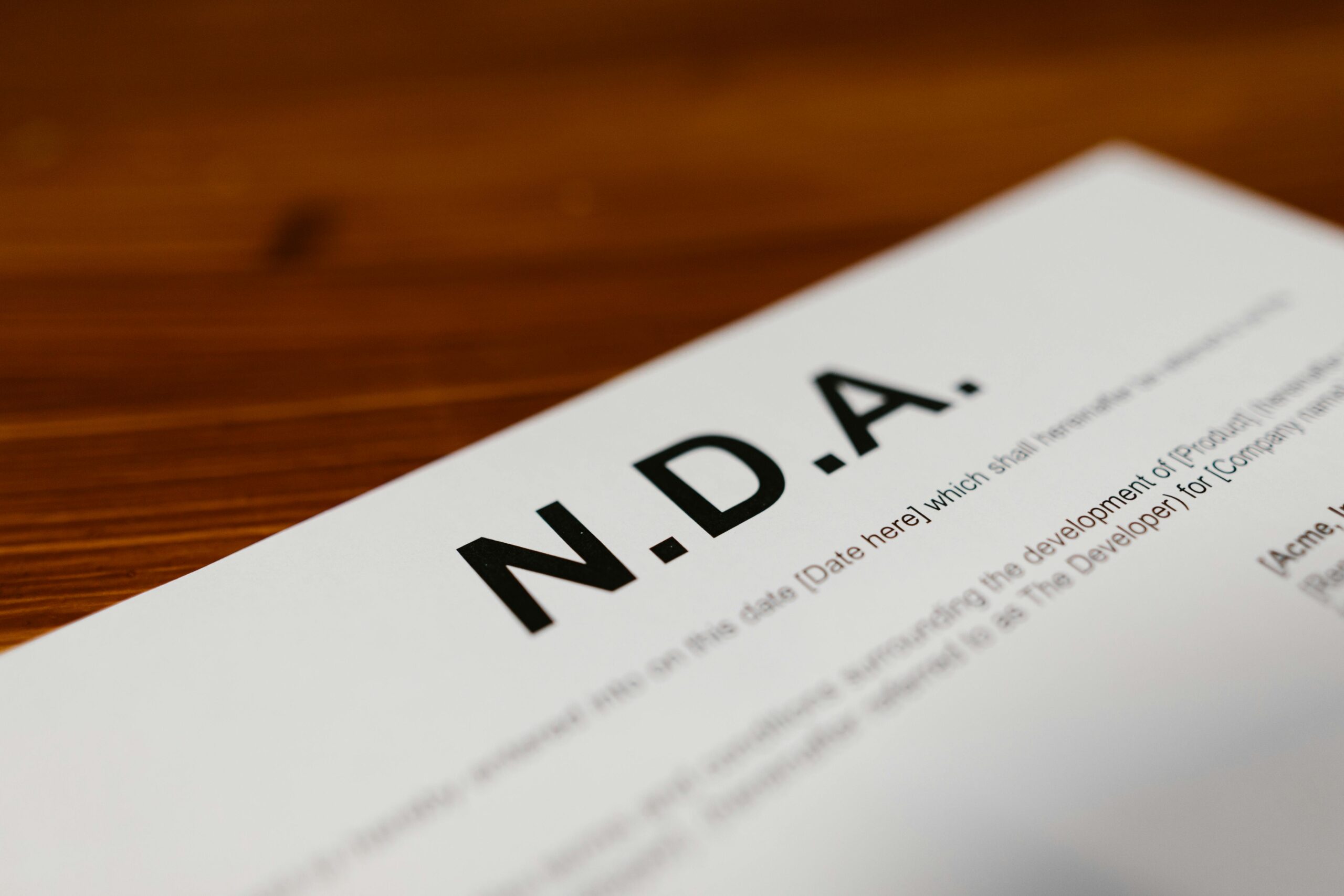
The government has announced a ban on employers using non-disclosure agreements (NDAs) to prevent victims of workplace sexual misconduct or discrimination from speaking out. An amendment to the Employment Rights Bill, expected to become law later this year, will render any confidentiality clauses void if they seek to silence workers reporting harassment or discrimination.
The misuse of NDAs to cover up criminal behavior has drawn public attention following high-profile cases. Zelda Perkins, a former assistant to convicted sex offender Harvey Weinstein, broke her NDA to expose his abuse. Similarly, the late Mohamed Al Fayed, former owner of Harrods, was accused of using confidentiality agreements to silence women alleging rape and abuse.
The Role and Abuse of NDAs
While NDAs are meant to protect confidential business information like intellectual property, their scope has broadened over the years, often being used to silence victims. Zelda Perkins, who now leads the campaign group Can’t Buy My Silence UK, called the amendment a “huge milestone” that shows the government has “listened and understood the abuse of power.”
Perkins highlighted the danger of NDAs being legally binding but secret, often intimidating victims into silence without fully understanding their rights. “The real horror is that the law protected the powerful person in the room, not the victims of a sexual crime,” she said.
Bringing UK Law in Line with Other Countries
The proposed change aligns the UK with countries like Ireland, the US, and some Canadian provinces, where NDAs cannot be used to block disclosures of sexual harassment and discrimination.
Employment Rights Minister Justin Madders condemned the “misuse of NDAs to silence victims” as “an appalling practice.” He added that the amendment will help workers feel confident that inappropriate workplace behavior will be addressed rather than hidden, enabling them to focus on their careers.
The amendments will be debated by the House of Lords on July 14 and, if passed, will require approval from the House of Commons before becoming law.
What The Author Thinks
NDAs should protect legitimate business interests—not shield abusers. This ban marks an important move toward empowering victims and ensuring workplaces prioritize safety and accountability. Silencing victims only perpetuates harm and allows misconduct to continue unchecked. Legal protections must favor those who come forward, not those who seek to bury the truth.
Featured image credit: RDNE Stock project via Pexels
For more stories like it, click the +Follow button at the top of this page to follow us.
